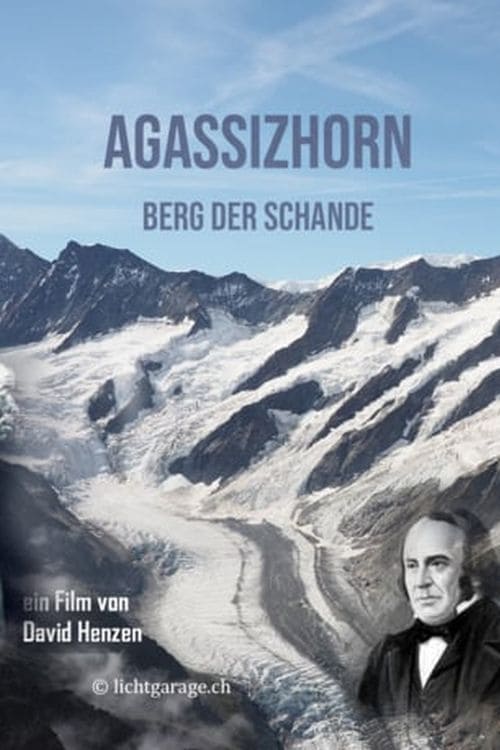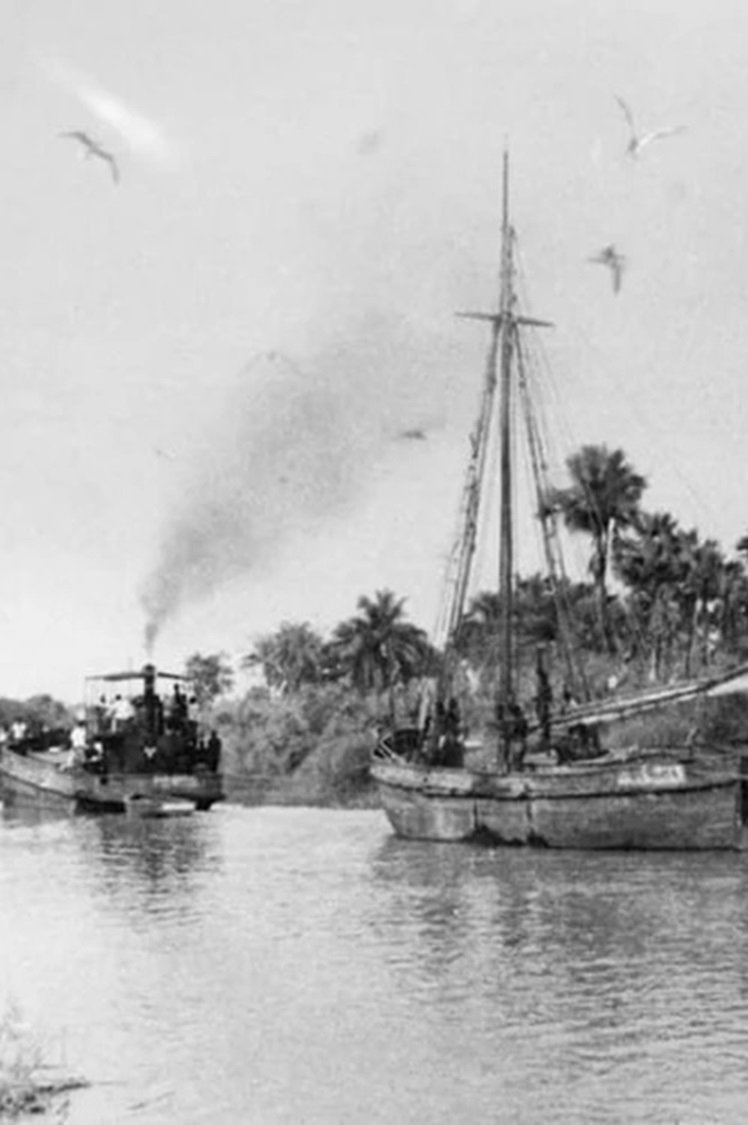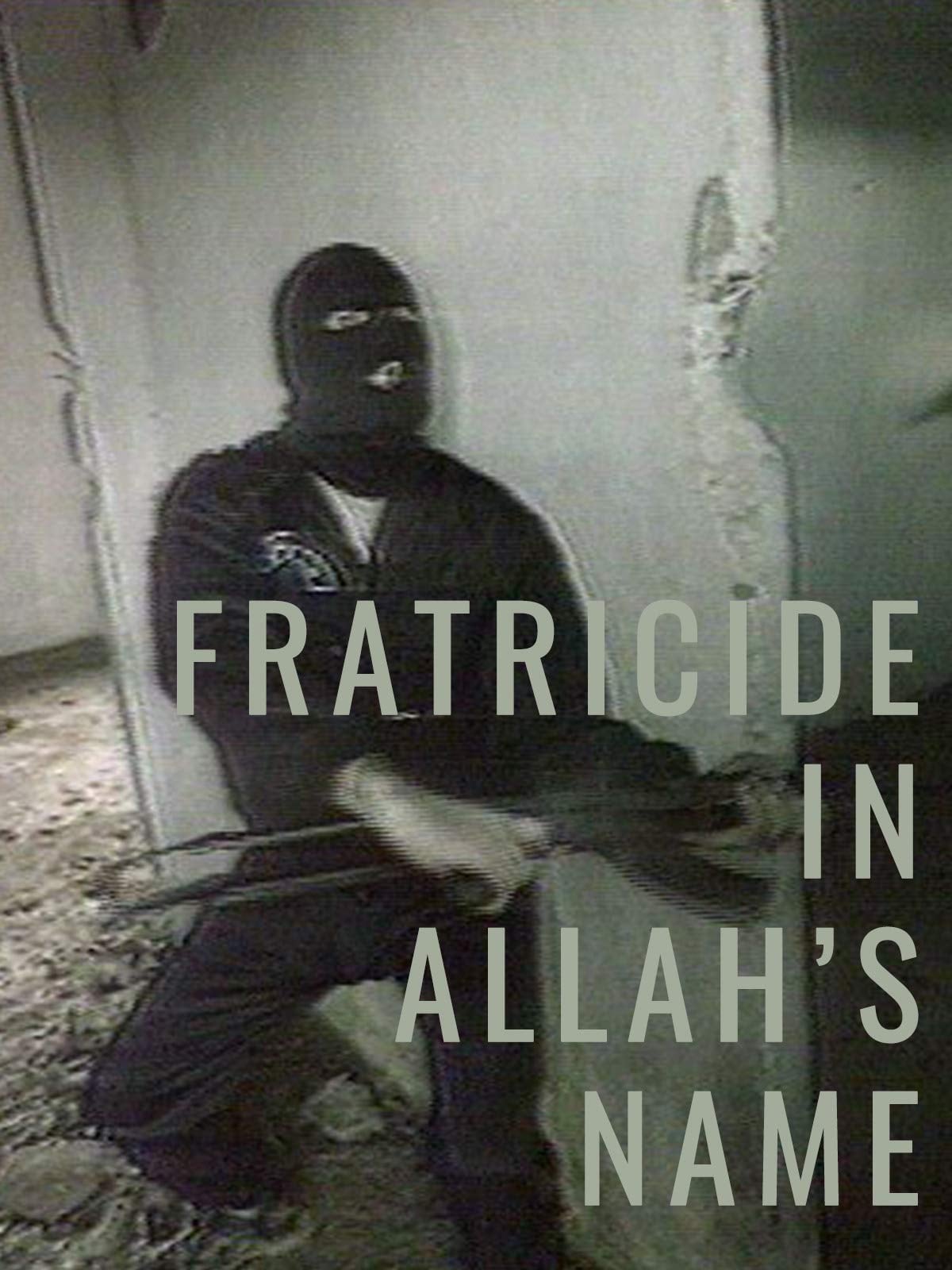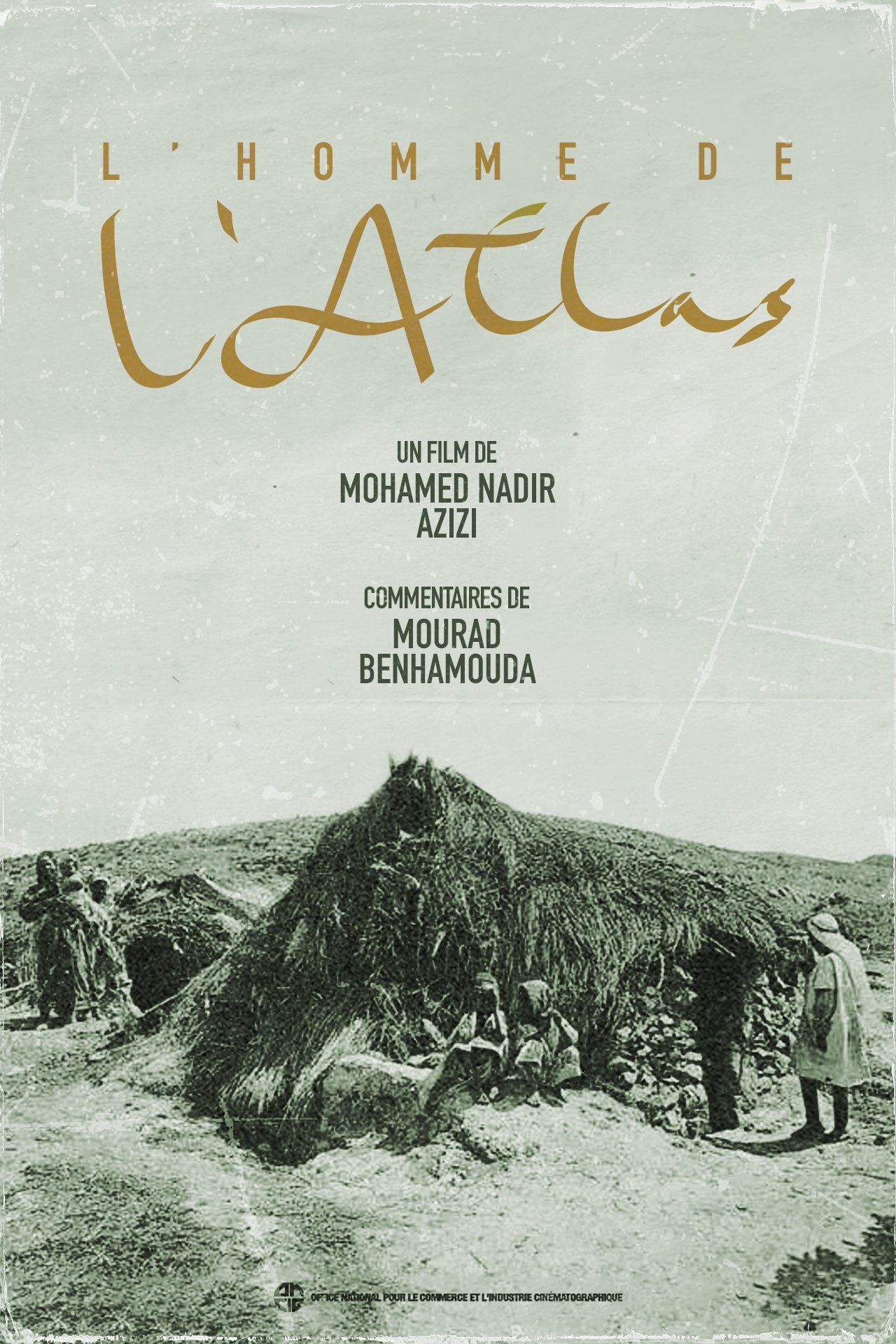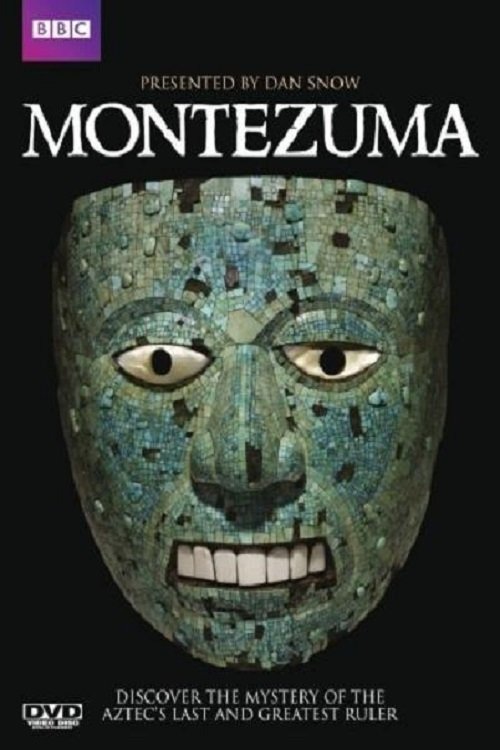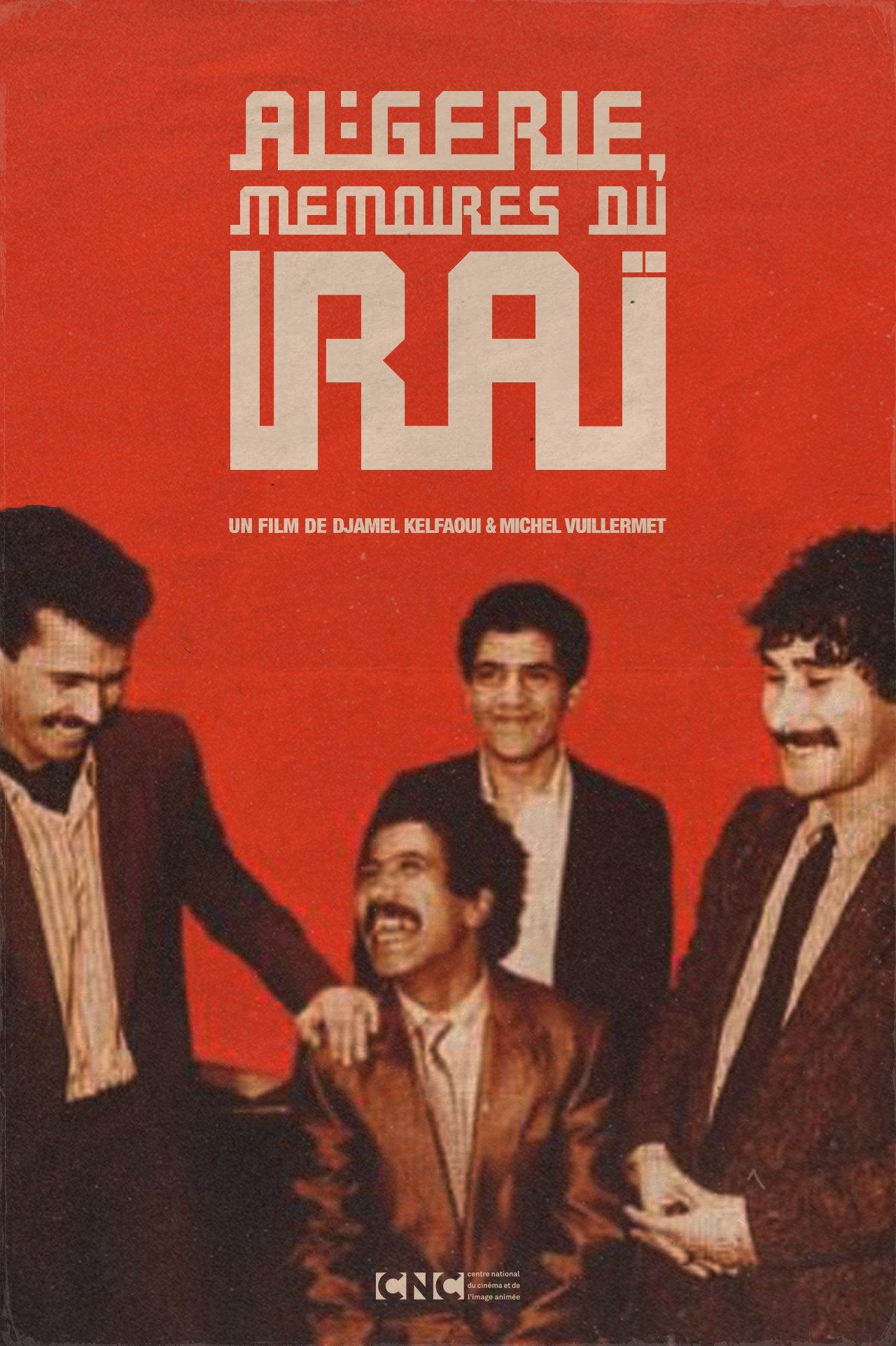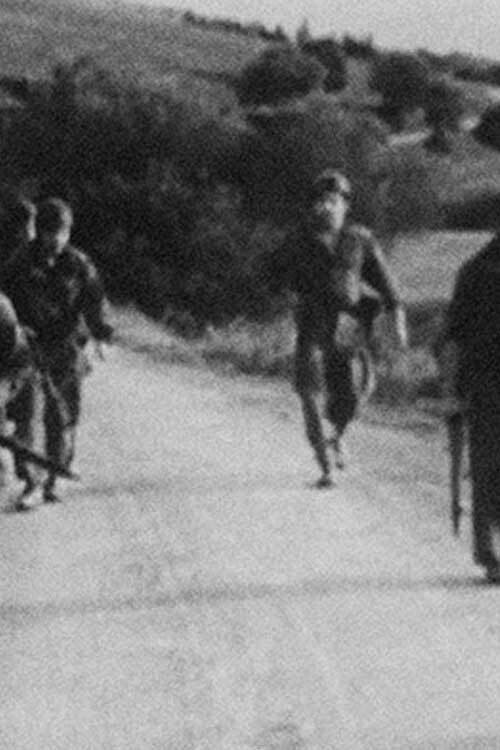
Algérie 1962: Chronique d'un conflit (1962)
Released:
1962-01-01
Duration:
N/A
Genres:
Documentary
Rating 0.0
Overview
Production Companies

ONF | NFB
Additional Info
| Budget | $0.00 |
|---|---|
| Revenue | $0.00 |
| Original Language | fr |
| Popularity | 0.435 |
Directed By
Louis Portugais
Marcel Martin
Crew
Script
Jean Tainturier
Jean Tainturier
Sound Mixer
George Croll
George Croll
Sound Editor
Robert Fleming
Robert Fleming
Sound Editor
Michael McKennirey
Michael McKennirey
Director
Louis Portugais
Louis Portugais
Director
Marcel Martin
Marcel Martin
Producer
Jacques Bobet
Jacques Bobet
